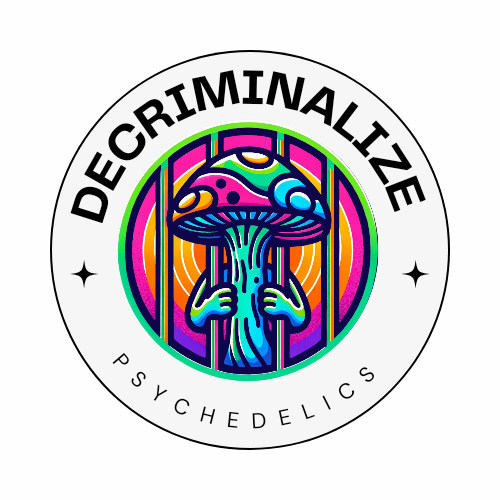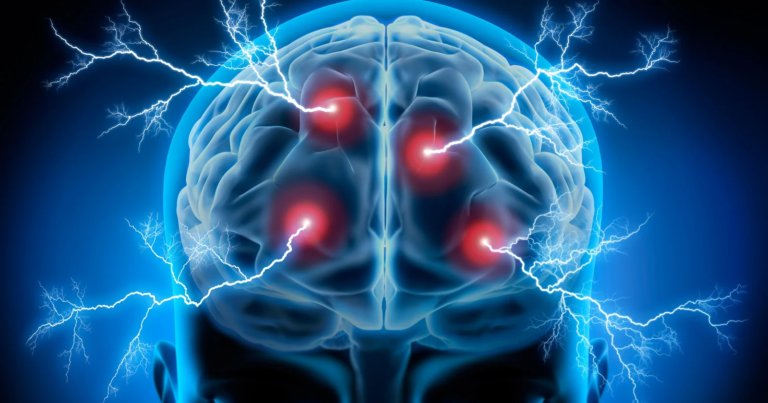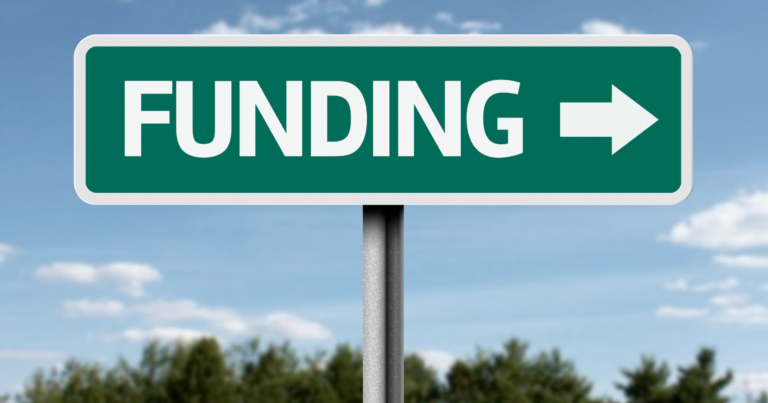Embarking on a journey to become a psychedelic therapist involves a combination of rigorous academic training, hands-on experience and profound personal growth.
As someone deeply embedded in this field, I’ve navigated the multifaceted landscape of educational prerequisites, practical experience, and the indispensable journey of self-discovery.
All factors that are critical for anyone looking to begin training in psychedelic therapy.
Here’s the low-down on all of the requirements you’ll need to become a psychedelic therapist, including specific requirements in the USA and Europe.
What’s required to become a psychedelic therapist?
1. Academic Training
The first step toward becoming a psychedelic therapist is often rooted in a solid educational foundation. Typically, practitioners begin with a degree in psychology, counseling, social work, or a related field.
This undergraduate study is crucial as it lays the foundational knowledge of mental health principles.
The depth of understanding required in this field cannot be overstressed. Postgraduate education is generally a must. Many therapists opt for a master’s degree or a doctorate in clinical psychology or psychiatry.
These advanced degrees provide more detailed insights into mental health disorders, therapeutic techniques, and, importantly, the ethical considerations in therapy.
2. Specialized Training in Psychedelic Therapy
Once you have a strong educational foundation, the next step is to engage in specialized training that focuses specifically on psychedelic therapy.
These programs are designed to prvide a deep understanding of the pharmacology of psychedelics, the neuroscience behind how these substances affect the brain, and the psychological mechanisms they trigger.
Training programs such as those offered by the Multidisciplinary Association for Psychedelic Studies (MAPS) are leading the way. They offer comprehensive courses on the therapeutic use of substances like MDMA and psilocybin.
These programs not only cover the science of psychedelics but also delve into the therapeutic protocols, the role of the therapist, and the nuances of guiding patients through psychedelic experiences.
3. Supervised Clinical Practice
Knowledge alone is not sufficient to prepare one for the challenges of psychedelic therapy.
Supervised practical experience is essential.
This typically involves working under the guidance of experienced practitioners, within clinical trials or legal settings where psychedelics are used.
Here, theoretical knowledge is put to the test in real-world scenarios, allowing practitioners to learn from direct experience and receive feedback from their supervisors.
4. Personal Experience with Psychedelics
Many training programs also recommend or require that therapists undergo their own psychedelic experiences.
This is based on the belief that to guide someone through the psychedelic space, a therapist must firsthand understand the profound and often indescribable effects of these substances.
Such experiences are intended to foster a deeper empathy and a better understanding of the client’s experience during psychedelic therapy sessions.
What are the legal considerations?
The legal status of psychedelics varies significantly around the world, and staying informed about local regulations is imperative.
In some regions, certain psychedelics have been decriminalized or legalized for medical use, which can impact how training and practice are conducted.
As a practitioner, it is your responsibility to operate within the bounds of the law, ensuring that your practice is both ethical and legal.
1. Ethical Practice in Psychedelic Therapy
Ethics play a central role in the training of psychedelic therapists.
Given the powerful nature of these substances, it’s crucial to prioritize the well-being and safety of clients.
This includes proper client selection, informed consent, confidentiality, and preparing for and managing any adverse reactions or psychological distress that might arise during sessions.
2. Commitment to Lifelong Learning
The field of psychedelic therapy is rapidly evolving, with new research and developments continually emerging.
Ongoing education through seminars, workshops, and conferences is vital to keep up with the latest advancements.
This might include attending conferences, seminars, or additional courses focused on the latest research, ethical considerations, and clinical practices.
3. Building a Supportive Community
Becoming part of a community of psychedelic therapy practitioners provides invaluable support.
These networks can offer guidance, share insights, and foster collaborations that enhance professional growth and improve patient care.
What are the requirements in the USA?
Some academic institutions and research facilities offer internships or fellowships in psychedelic research, which can be beneficial for those looking to specialize further in this field.
These opportunities often provide hands-on experience under the supervision of experts in cutting-edge research environments.
1. State-Specific Legal Requirements
Given that the legal status of psychedelics varies by state, practitioners must also be aware of their own state’s laws regarding the use of these substances.
As of recent updates, Oregon has taken steps to legalize and regulate psilocybin services, which includes establishing a framework for administering psilocybin in therapeutic settings.
Practitioners wishing to work in Oregon with psilocybin need to follow specific state-mandated training and obtain a license from the Oregon Health Authority.
Following recent legislation, Colorado has moved toward decriminalizing the possession of certain psychedelics and is exploring regulated therapeutic use. Practitioners in Colorado should stay informed about how these changes might influence training and practice opportunities.
2. Ethical and Cultural Competence
Practitioners must also focus on developing cultural competence and adhering to ethical guidelines specific to psychedelic therapy.
This involves understanding and respecting the needs of clients given the profound and often very personal experiences induced by psychedelics.
Ethical practice also includes informed consent, confidentiality, and the preparedness to handle emergencies or unexpected reactions during sessions.
What are the requirements in Europe?
Europe presents a unique landscape for psychedelic therapy due to the diversity of regulatory frameworks across its nations.
Unlike the United States, where federal guidelines provide some uniformity, European countries each have their own specific legal and professional regulations governing the use of psychedelics.
Here’s a breakdown of the educational and professional requirements along with the regulatory considerations for aspiring psychedelic therapists in Europe.
1. Educational and Professional Licensing
Similar to the U.S., the foundational step for European practitioners often involves obtaining a degree in psychology, psychiatry, psychotherapy, social work, or a related field from an accredited university.
After obtaining the necessary degree, candidates must also achieve professional licensing according to their specific country’s requirements, which usually includes a combination of supervised training hours and passing professional exams.
2. Training Programs in Psychedelic Therapy
The UK has some of the more developed frameworks for psychedelic research and therapy training. Organizations like the Maudsley Hospital and Imperial College London, have been pioneers in psychedelic research.
Training programs in the UK often emphasize clinical research trials and safety in administering psychedelics within therapeutic settings.
Known for its liberal stance on psychoactive substances, the Netherlands offers a range of educational and practical opportunities. Psychedelic therapy, particularly around psilocybin use stands out. Several institutions offer workshops and courses focused on the therapeutic use of psychedelics.
There are initiatives such as the Psychedelic Practitioner Training (PPT), which offer courses across Europe, tailored to health professionals seeking to integrate psychedelic therapies into their practice.
These programs usually cover pharmacology, therapeutic techniques, and ethical considerations specific to the use of psychedelics. European practitioners are expected to engage in continuous professional development through workshops, seminars, and conferences that discuss the latest research, clinical findings, and regulatory changes.
3. Legal Considerations and Advocacy
Each country’s stance on psychedelics can greatly influence the availability and structure of training programs.
For instance, Portugal, which has decriminalized the use of all drugs, might offer a more progressive environment for psychedelic research.
Practitioners often participate in advocacy to change public policy and improve the legal landscape for psychedelic therapy. Ethical practice in this field is highly scrutinized, and adhering to stringent ethical guidelines is paramount, especially concerning client safety, informed consent, and confidentiality.
4. Networking and Community Involvement
Being part of professional networks such as the European Psychiatric Association or local psychotherapy guilds can provide support, resources and community engagement necessary for the development of a successful practice in psychedelic therapy.
The path to becoming a psychedelic therapist is not for the faint-hearted.
It demands a strong educational background and a deep personal commitment to understanding the power and the risks of psychedelics. As we continue to explore the therapeutic potentials of psychedelics, the role of the psychedelic therapist becomes ever more crucial. Requiring a dedication to excellence, ethical practice, and continuous learning.
This is a journey of not only facilitating healing in others but also of profound personal transformation.











